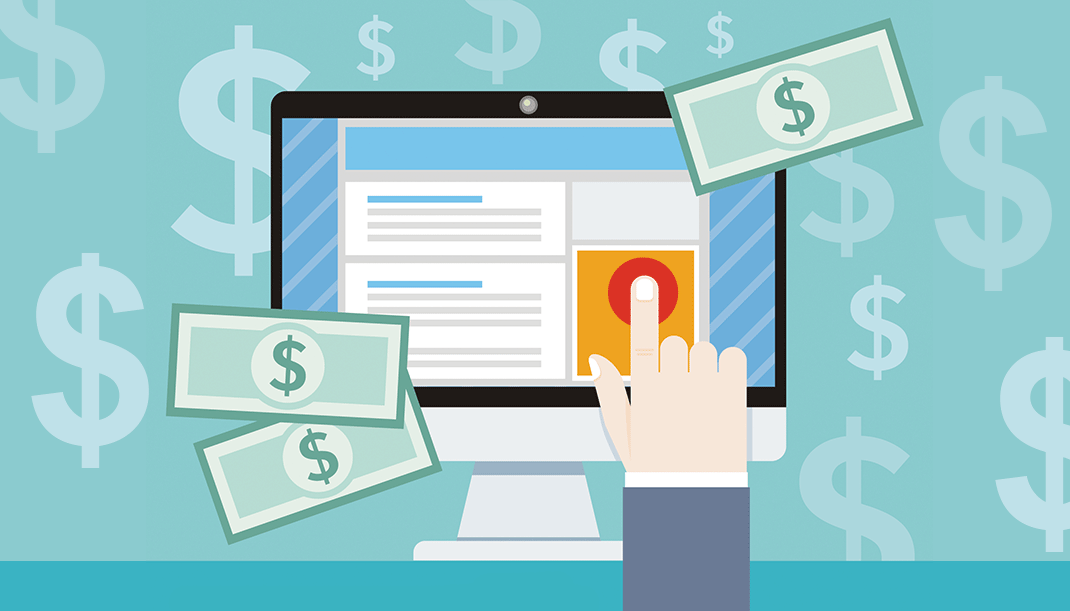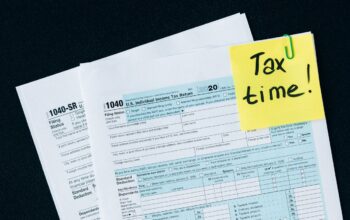Whenever the need for a loan or credit card arises, the focus remains pretty much on the lenders that can offer you the same based on your eligibility. Now, the eligibility is decided not only on the basis of your income and repayment capability but also the credit score you may have achieved for servicing an ongoing or past debt. Even though the score comes from more than two credit information companies, people mainly go for CIBIL score because it’s the first name that comes on their lip to check their credit score.

So, if you are looking for a loan or a credit card, you must be curious to know your CIBIL score. You may have posted questions like, how to check my CIBIL score on several social platforms, right? If you haven’t got the right response to your queries, the article will provide you the same. So, stay tuned.
Check Your CIBIL Score Online
You can check your CIBIL score online by visiting the website of the credit information company. You first need to sign up with CIBIL by mentioning a few personal and credit-related details online. Enter your name, date of birth, residence address and other personal information correctly. Similarly, you need to fill the credit details like loan amount or credit limit offered to you, besides the interest rates charged, loan EMI and several other information. After filling the details, you can click on ‘Submit’ button at the bottom. If the details entered are verified successfully, you can create a login. You can thus choose a User ID and password of your choice to do so. However, bear in mind the specific requirements in terms of alphabets, numeric and special characters. The first check you make in a year goes free, while the subsequent checks would cost you ₹500 and more.
How Does CIBIL Score Appear Online?
CIBIL score ranges from 300-900 in India, with anything above 750 heightening the possibility for an easy approval from the lender where you apply for a credit. Not only that, even the credit terms would appeal you. It is likely you could receive more loan and at a better interest rate to service. However, if the score falls below 700, chances of credit denial is more. Even if the loan application gets approved, the lending terms may not appeal the borrower to you. Either the interest rate would be a lot higher or the loan amount would remain much lower to cause you that little jolt.
How Does CIBIL Assign a Score?
CIBIL assigns a credit score based on the reports sent by the member banks and NBFCs to it on a monthly basis. The reports can include a schedule of loan or credit repayment, the instance of any skipped payment, total credit card dues at a given point of time, credit utilization ratio, loan amount outstanding, an instance of debt settlement if any. CIBIL, after receiving these inputs, puts itself on the task of preparing a matrix, showcasing different elements of credit behaviour. Based on that, CIBIL assigns a score. Undoubtedly, your better debt servicing record would hold you in good stead and ensure an easy approval.
How to Improve CIBIL Score?
Don’t worry if your CIBIL score has fallen below 700 or so, you can get it to the desired level over time by practicing the following cardinals.
Make Payment on Time: If your score has come down due to a constant delay in the payment of loan EMIs or the credit card dues, make sure to get that on time. As the timely repayment record stretches, the credit score would start to move up. To ensure a timely repayment, you need to cut down on the unnecessary spends. Make a list of spends and remove those that can be done away with. This exercise will leave you with a sufficient balance to pay the dues on time.
Pay Credit Card Dues in Full: If you are using a credit card to shop your needs, you must have seen statements showing the total dues and minimum due, right? The minimum, which seems a lot smaller than the total dues, is calculated at about 5% of the former. The little a minimum due may sound, the danger it turns out to when paid repeatedly. The dues only get larger with minimum due payment because of the addition of interest and taxes each billing cycle. So even if you don’t make fresh spends via a credit card, the practice of minimum due payment will only increase the bills. This habit does come under the intense scrutiny by CIBIL who does cut the credit score for individuals doing so.
Avoid Excessive Utilization of Credit: The impulsive spends, which credit cards can result in, lead to an excessive utilization of credit, creating the scope for a possible default. Seeing such a negative trend, CIBIL can lower the score. So, you better be a restraint on excessive card spends and don’t let the credit utilization ratio to go past 60%.



